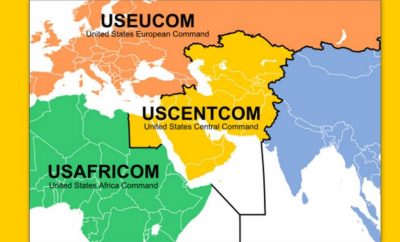
Further Delaying Climate Policies Will Hurt Economic Growth
The transition to a greener future has a price—but the longer countries wait to make the shift, the larger the costs
The world must cut greenhouse gas emissions by at least a quarter before the end of this decade to achieve carbon neutrality by 2050. Progress needed toward such a major shift will inevitably impose short-term economic costs, though these are dwarfed by the innumerable long-term benefits of slowing climate change.
In our latest World Economic Outlook, we estimate the near-term impact of different climate mitigation policies on output and inflation. If the right measures are implemented immediately and phased in over the next eight years, the costs will be small. However, if the transition to renewables is delayed, the costs will be much greater.
To assess the short-term impact of transitioning to renewables, we developed a model that splits countries into four regions—China, the euro area, the United States, and a block representing the rest of the world. We assume that each region introduces budget-neutral policies that include greenhouse gas taxes, which are increased gradually to achieve a 25 percent reduction in emissions by 2030, combined with transfers to households, subsidies to low-emitting technologies, and labor tax cuts.
Συνέχεια εδώ
Πηγή: imf.org





